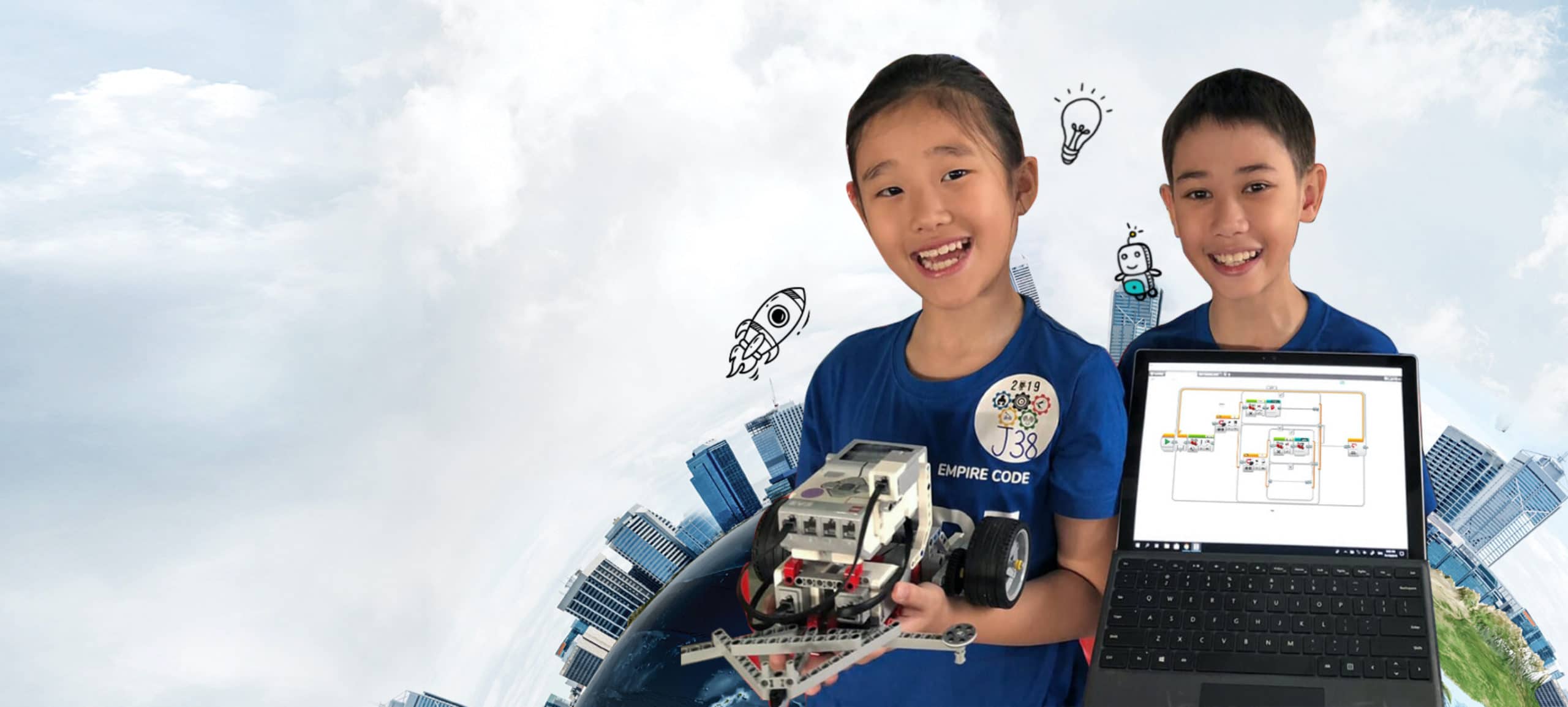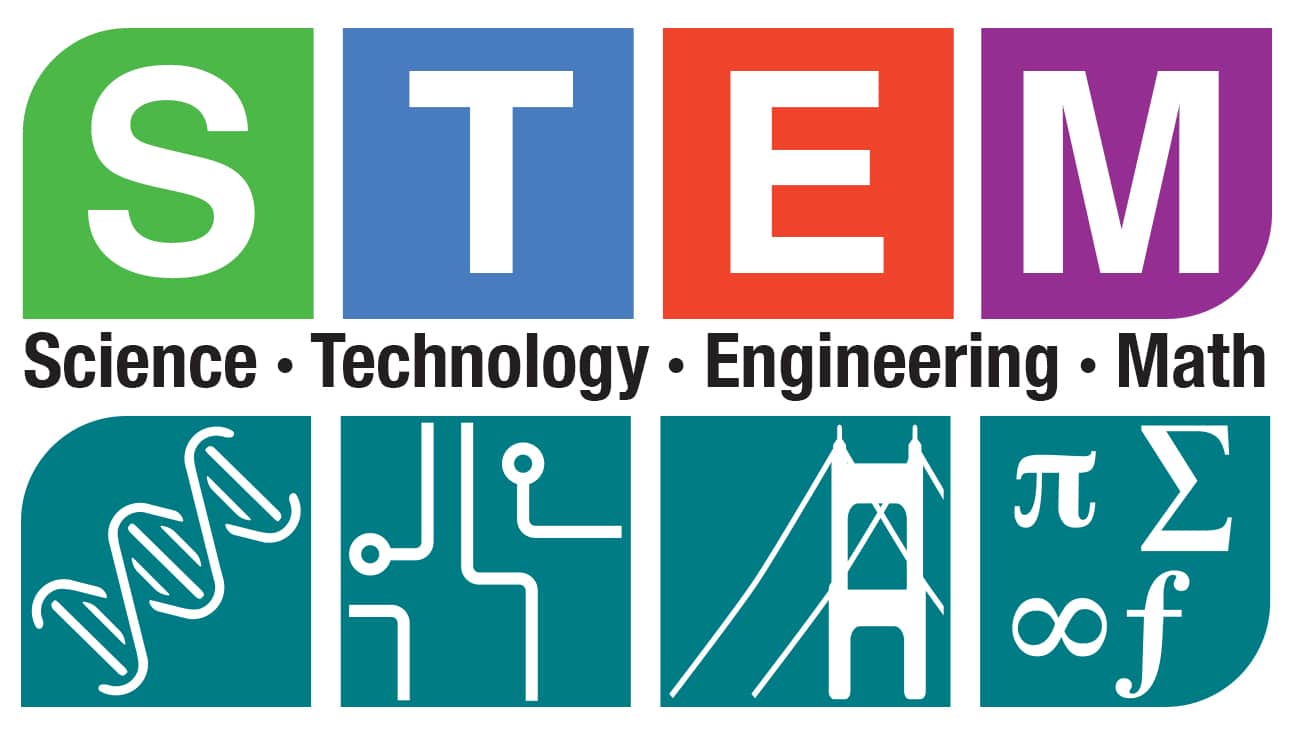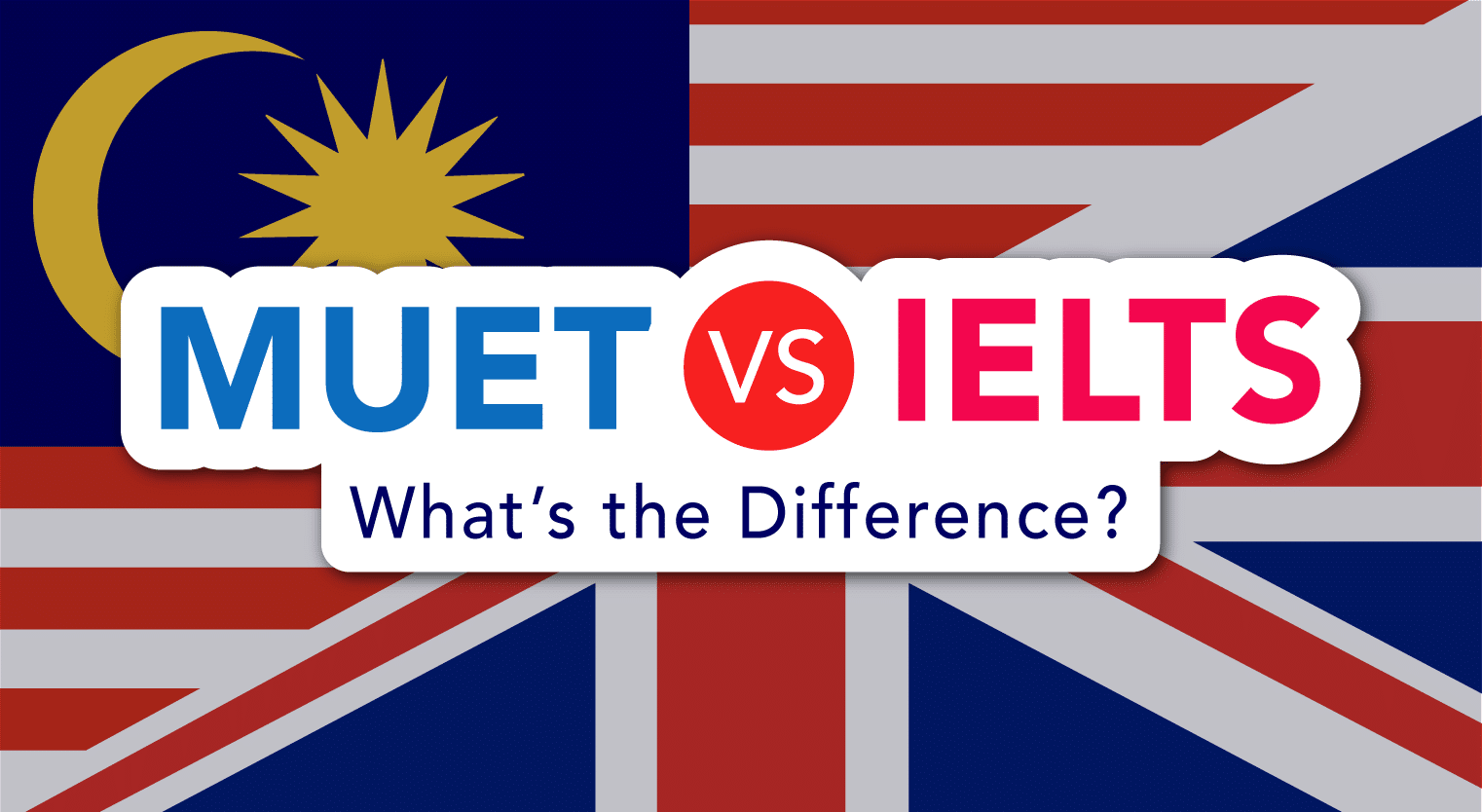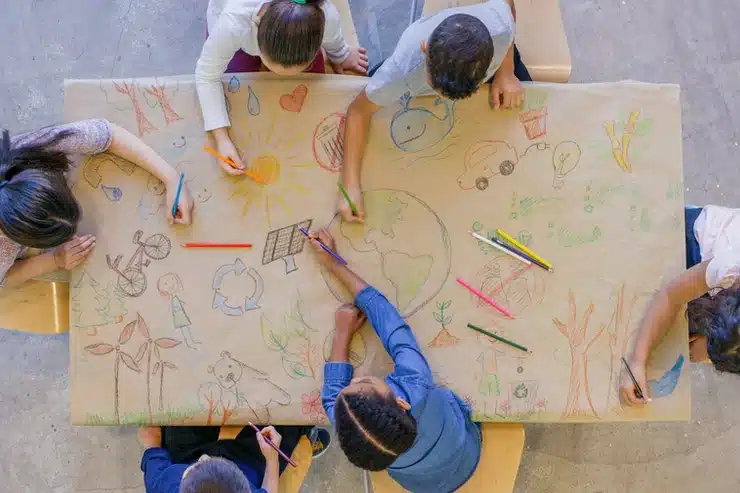“Education is the igniting of a flame, not the filling of a jar,” Socrates famously stated. Socrates demonstrated that the actual objective of education is to nourish and grow the learner’s ability, rather than rote memorization of facts and knowledge without further thought. The habit of learning by practical experiences and critical thinking, on the other hand, starts from a very young and naive age. Your child’s ‘raw age’ is an ideal moment to instill confidence, moral values, and healthy behaviors in them. Indeed, incorporating early-age practical learning into your child’s daily routine will assist them in absorbing their surroundings, learning new concepts through examples, retaining knowledge, and experiencing curiosity in areas of interest. As a result, it’s critical to grasp the value of early childhood education and how it might affect your child’s overall personality.
Early Childhood Education’s Importance:
The first five years of a child’s existence are critical for their general well-being because they influence their physical, cognitive, and social-emotional development. These years are also the foundation for your child’s future health, mental development, emotional development, and learning capacity. As a result, ‘Early Childhood Education (ECE)’ is critical because it inspires young minds, instills a love of learning, and establishes a firm foundation for long-term success.
Early Childhood Education attempts to meet a child’s social, emotional, and cognitive requirements while also preparing them for future competitiveness. Numerous studies have established the importance of early childhood education as a critical component of a child’s future success. Furthermore, quality early education can assist a child in discovering new experiences, surroundings, and classmates while also making a beneficial effect in their lives. In other words, a child’s ability to learn and achieve, both academically and socially, can be influenced by early schooling.
Early schooling can boost your child’s cognitive abilities, as well as important behavioral attributes such as sociability, motivation, and self-esteem. Furthermore, we find examples of greatness in ECE all around the world, such as ‘STEM’ and ‘STREAM’ education, which provide high-quality experiences for young learners. Extending this example, consider how early exposure to STEM disciplines can have a significant impact on your child’s entire development.
Inquiry-based Early STEM education is a collaborative process that encourages children to ask questions and investigate various aspects of science, technology, engineering, and mathematics. STEM encourages a mixed learning environment because it familiarises children with scientific processes and encourages them to think scientifically. Teaching STEM to your child in the early years can help him or she develop into a person who understands theoretical concepts, connects them to real-life circumstances, analyses reasoning skills, and makes critical decisions as a result. STEM is a paradigm change in early learning that aims to keep a child’s curiosity and genius streak alive as they grow older. Early STEM education can provide a pathway for young learners to shape their own learnings and stimulate their cognitive process while igniting their inquisitive minds.
Why is application-based learning preferable to tutoring?
Your child’s brain must be grown and stimulated adequately in order to hone intrinsic abilities and transform them into vocational assets. Traditional learning methods can hinder absorption and lead to a loss of interest in the subject, while ‘Application-based learning’ can have a significant impact on the learner’s mindset.
The ‘Knowledge-based tutoring’ idea strives to create a grasp of theoretical concepts through the communication of facts, whereas the ‘Explore, Engage, and Experiment’ premise is followed by the application-based methodology. Because application-based learning is self-directed, it fosters self-assurance, critical thinking, and autonomous thought and action, as well as social-emotional and intellectual development. Furthermore, practical learning allows the child to follow their own areas of interest while also allowing them to deal with challenges that happen in real-life settings. Your child, for example, will not just calculate that 2+2 equals 4 because their instructor says so; instead, they will calculate how many toys they have, how many cookies they can share with their friends, or how much origami paper is needed to cover a 3 x 3 crayon box. Such hands-on learning will not only assist the youngster in moving beyond rote memory but will also enable them to acquire substantial abilities and reach their full potential. Furthermore, as children are encouraged to explore, experiment, and learn independently using activity-based tactics, they begin to acquire Logic, Analysis, Critical Thinking, Creativity, Innovation, and Communication, which are known as “Higher Order Thinking Skills.”
In light of the current situation, top-tier overseas schools plan professionally-crafted activities to assist children to develop a love of lifelong learning and critical thinking. These exercises are meant to help your children develop adaptive, cognitive, verbal, physical, and social abilities. Such enjoyable activities not only pique their interest in learning but also help them build their personalities. In simpler terms, ‘Application-based Learning’ maintains a deliberate focus on teaching the kid to think critically, solve issues, predict cause and effect, and make an effective decision as a result of it.
What can SEACC do for you?
Investing in your child’s early education sets them up for a lifetime of learning and future success in the workplace and in the global economy. While early childhood education is important for children’s development, SEACC can help your child prepare for a bright future. SEACC combines theory and practice to foster creativity, curiosity, invention, and problem-solving abilities. SEACC helps your child lay a firmer academic and professional foundation for a bright future. SEACC philosophy is focused on inquiry-based learning, which prioritizes educator-to-child and child-to-child engagement in order to create interactive and interesting sessions. The content-rich methodology and skilled instructors at SEACC expand your child’s educational experience by teaching them real-life applications of theories and instilling in them the habit of ‘conceptual learning.’








